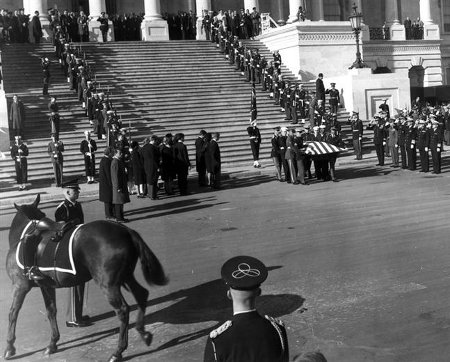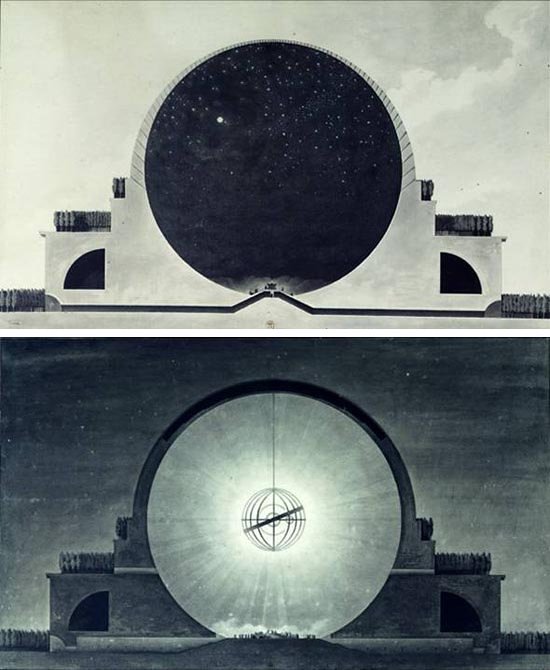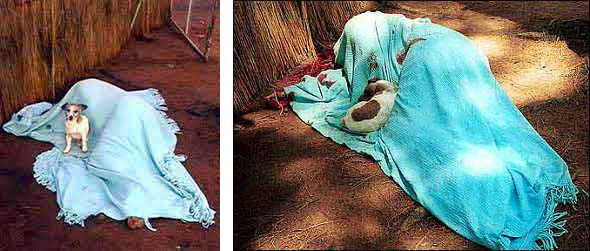
But many observers have commented on what seems to be the fact that fear plays a much smaller part than we should think it must in the life of an animal who lives dangerously. Terror he can know, and perhaps he knows it frequently. But it seems to last only a little longer than the immediate danger it helps him to avoid, instead of lingering, as in the human being it does, until it becomes a burden and a threat. The frightened bird resumes his song as soon as danger has passed, and so does the frightened rabbit his games. It is almost as though they knew that ‘Cowards die many times before their deaths; the valiant never taste of death but once.’
— Joseph Wood Krutch, The Twelve Seasons, 1949







